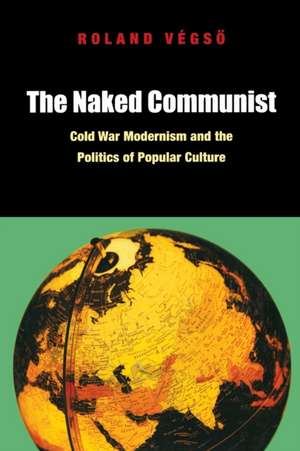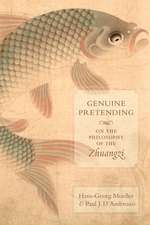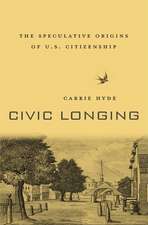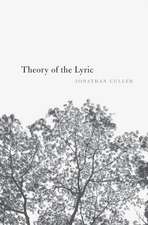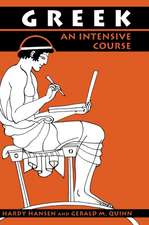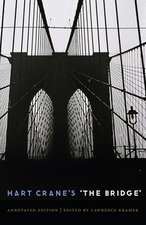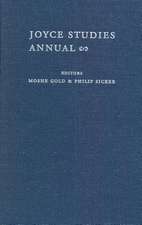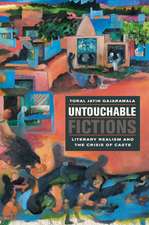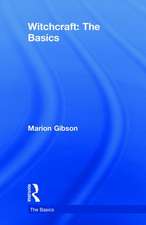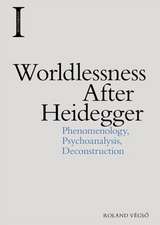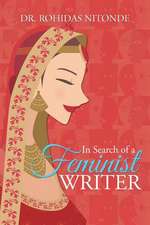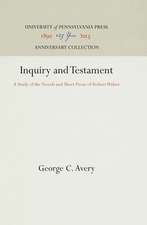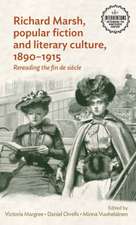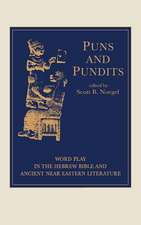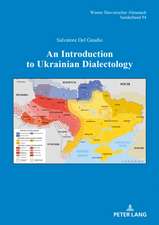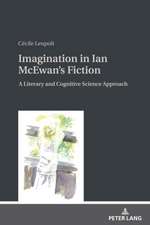The Naked Communist – Cold War Modernism and the Politics of Popular Culture
Autor Roland Végsoen Limba Engleză Paperback – 9 dec 2012
| Toate formatele și edițiile | Preț | Express |
|---|---|---|
| Paperback (1) | 246.74 lei 6-8 săpt. | |
| ME – Fordham University Press – 9 dec 2012 | 246.74 lei 6-8 săpt. | |
| Hardback (1) | 532.41 lei 6-8 săpt. | |
| ME – Fordham University Press – 9 dec 2012 | 532.41 lei 6-8 săpt. |
Preț: 246.74 lei
Nou
Puncte Express: 370
Preț estimativ în valută:
47.21€ • 49.56$ • 39.19£
47.21€ • 49.56$ • 39.19£
Carte tipărită la comandă
Livrare economică 10-24 aprilie
Preluare comenzi: 021 569.72.76
Specificații
ISBN-13: 9780823245574
ISBN-10: 0823245578
Pagini: 256
Ilustrații: 1 b&w illustration
Dimensiuni: 152 x 229 x 15 mm
Greutate: 0.36 kg
Ediția:New.
Editura: ME – Fordham University Press
ISBN-10: 0823245578
Pagini: 256
Ilustrații: 1 b&w illustration
Dimensiuni: 152 x 229 x 15 mm
Greutate: 0.36 kg
Ediția:New.
Editura: ME – Fordham University Press
Recenzii
The Naked Communist provides readers with an intriguing theoretical discussion of the forces of Cold War modernity. Roland Vésgö argues that four central figures shaped postwar ideology: the world, the enemy, the secret, and the catastrophe. The central purpose of his study is to examine the aesthetic ideology, or more aptly put what constructed anti-Communism and how it developed. He uses nuclear holocaust, spy, and popular political novels juxtaposed with U.S. political culture and thought to show how these two seemingly different fields created a central ideology and program [
] Overall, Vésgös work is a well-needed look at postwar mentality in terms of popular culture. The framing of fiction verses reality reinforces the notion that the public and the government interact--or mirror one another--to create social and national cohesion. The lay reader might find his use of theory cumbersome, but the apt scholar can easily see the complexity and dynamics of the era and how these undercurrents continue to shape current trends in nationalism and militarism. - Annessa Babic (New York Institute of Technology), H-Diplo
Notă biografică
Descriere
Describes the internal mechanisms of an anti-Communist "aesthetic ideology"
